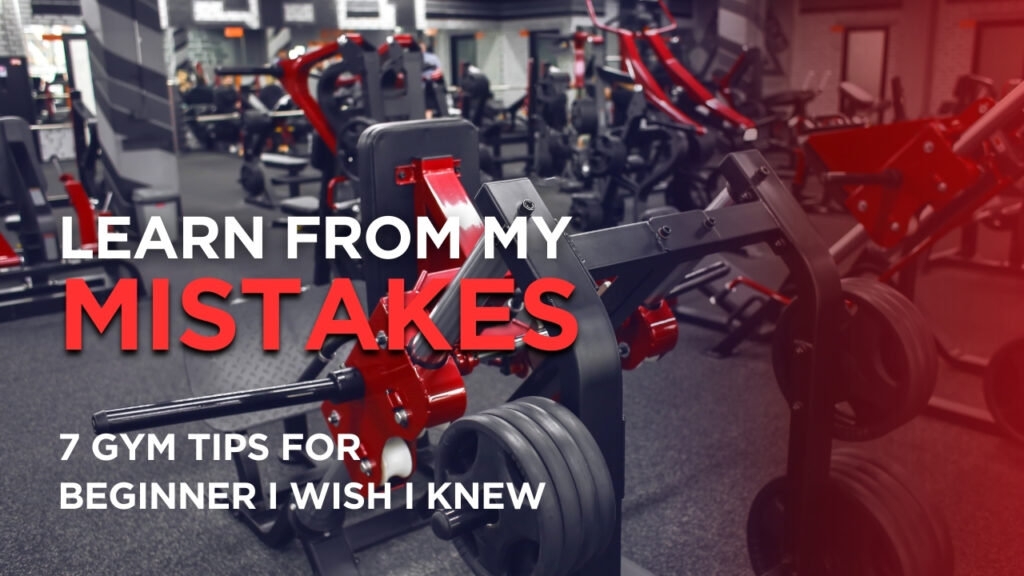Whey Protein: India’s Most Misunderstood Supplement
Protein deficiencies are a silent epidemic in India. Although one of the most important macronutrients, protein, is frequently overlooked or misinterpreted despite growing health awareness. Moreover, misconceptions and false information about whey protein persist in discussions, particularly among millennials. Let’s finally resolve this misunderstanding. What is Whey protein? Whey protein is a complete, premium protein that comes from milk. In addition, Whey is the liquid byproduct of curdling milk, which is produced during the cheese-making process. Processors filter and refine the whey into a fine powder that is high in vital amino acids, particularly branched-chain amino acids (BCAAs), which aid in muscle repair and general bodily functions. To put it simply, it is a dairy-based, natural protein that is neither a synthetic substance nor a drug, and it is most definitely not a steroid. The Reasons Why Whey Protein Is an Excellent Daily Protein Source Quick absorption: Whey protein digests quickly, making it ideal for consumption after a workout or meal. High bioavailability: Your body utilises it more effectively than many plant- or grain-based protein sources. Convenience: With no cooking or meal preparation required, one scoop provides 24–27 grams of protein in under a minute. Complete amino acid profile: It includes all nine essential amino acids that your body is unable to produce on its own. Not Only for Bodybuilders The majority of people make mistakes here. Whey protein isn’t just for gym-goers and weightlifters. It’s for: People who lead hectic lives and frequently miss meals Vegans and vegetarians who have trouble meeting their protein targets Teens are going through different stages of development Professionals in the workforce Older people who don’t eat Anyone who wishes to maintain their strength, vitality, and nutritional balance You don’t need six-pack abs to take whey protein- just a healthy body. It’s for everyone. Busting the Myth: Steroids ≠ Whey Protein The notion that protein powder contains steroids is one of the most widespread misconceptions in India. This is completely untrue. Steroids are artificial substances that imitate hormones to promote muscle growth in an unnatural—and frequently unlawful—way. Conversely, whey protein is a naturally occurring dairy product that merely gives your body the building blocks it needs to develop, heal, and maintain its health. It would be like comparing roti to rocket fuel, to compare whey protein to steroids. One is food, and the other is not. Final Thoughts India has a problem with protein awareness, not fitness. And it’s time to alter that story. When used properly, whey protein is not a cheat code, a shortcut, and it is unquestionably safe. It’s just sensible eating for today’s lifestyle. Protein Powder has the potential to revolutionise your health journey, regardless of whether you’re working out or simply attempting to meet your daily protein targets. Whey protein is more than just a dietary supplement. It’s a remedy.Furthermore, in the modern world, it is necessary rather than optional. Do you want more detailed supplement breakdowns, workout plans, and actionable guides? Visit: https://fitmynk.com/ Follow us: Instagram [@fitmynk] Email: reachout@fitmynk.com

